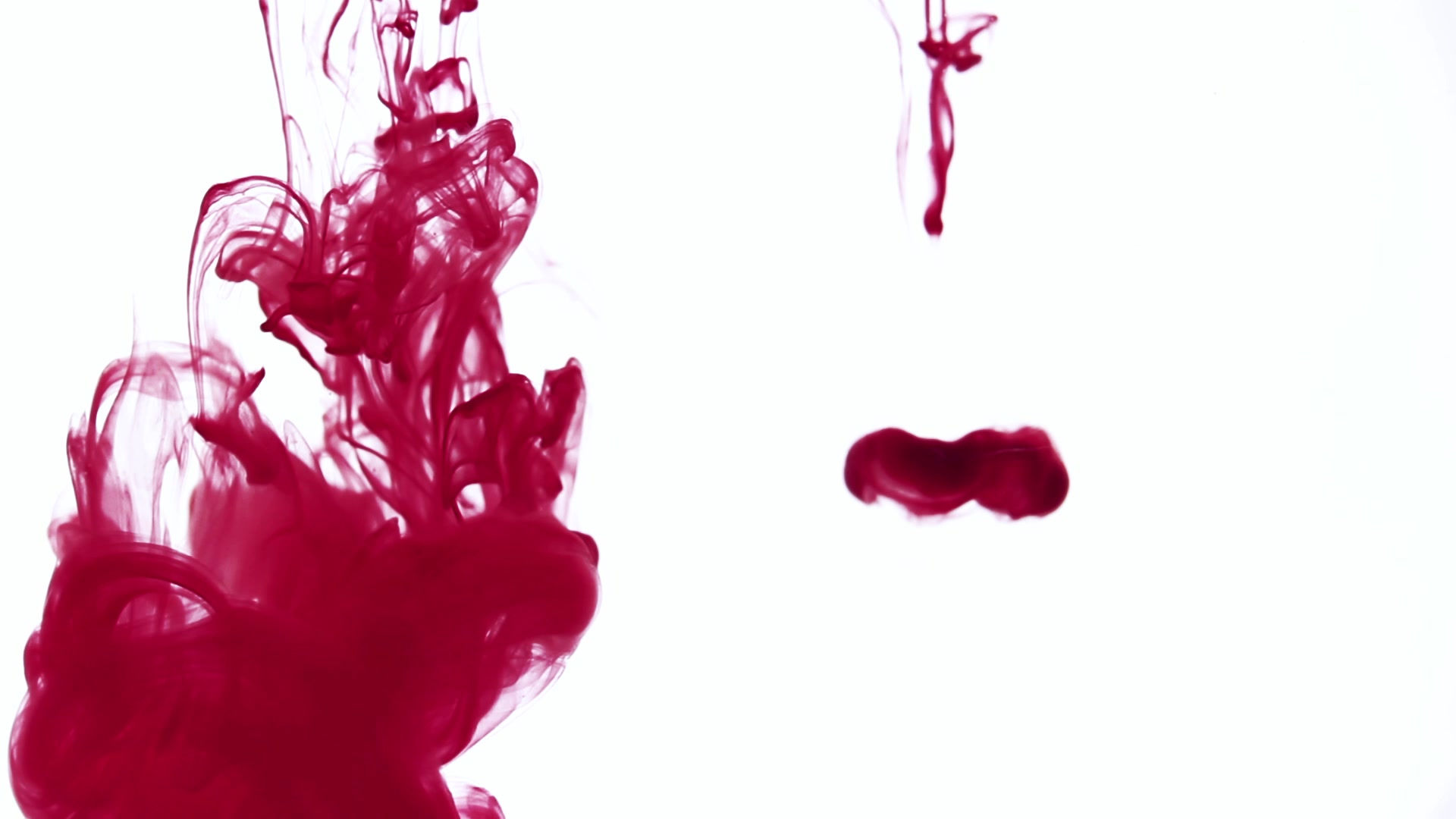WWI Soldier Poetry, part 1: Setting the Stage
- amyburvall

- Nov 25, 2018
- 3 min read
In order to understand the art (which includes #poetry) that came out of the First World War, we need to know a bit about the nature of "The Great War" and its aftermath. #wwi
The world was a much different place at the start of what was to become known as the "War to End All Wars" (of course it wasn't the end, as WWII happened around 20 years later).
At the start of WWI, the general view as that war was gallant, but at the end pretty much everyone - especially soldiers - were disillusioned and jaded. Those who made it back became known as the "Lost Generation".
The First World War is considered the first "modern" war, with the first use of such technology as airplanes, submarines, barbed wire, poison gas, machine guns and tanks.
All of this led to uneasy feelings about the modern world, technology, and the humanity of mankind. A lot of artwork from the period demonstrated these tensions. This leads us to our BIG QUESTION:
How are the arts connected to war?
As for poetry, a number of the soldiers - particularly British ones - took to penning verse while in the trenches or in hospitals or homes recovering from battle wounds (some wounds were more psychological, like being "shell-shocked".
Life in the trenches was often boring yet at the same time gruesome. Here's more on that:
Recently, the experience has been "brought to life" by Lord of the Rings director Peter Jackson, who has colorized archival footage for his WWI film "They Shall Not Grow Old".
Poet-soldiers give us insight not only into war conditions but...to the condition of man himself. Many poets started off more positively, but after actually experiencing the horrors of modern warfare changed their tune and wrote more bluntly about what they saw and felt.
Here is Wilfred Owen's poem, "Dulce et Decorum Est"
Bent double, like old beggars under sacks,
Knock-kneed, coughing like hags, we cursed through sludge,
Till on the haunting flares we turned our backs,
And towards our distant rest began to trudge.
Men marched asleep. Many had lost their boots,
But limped on, blood-shod. All went lame; all blind;
Drunk with fatigue; deaf even to the hoots
Of gas-shells dropping softly behind.
Gas! GAS! Quick, boys!—An ecstasy of fumbling
Fitting the clumsy helmets just in time,
But someone still was yelling out and stumbling
And flound’ring like a man in fire or lime.—
Dim through the misty panes and thick green light,
As under a green sea, I saw him drowning.
In all my dreams before my helpless sight,
He plunges at me, guttering, choking, drowning.
If in some smothering dreams, you too could pace
Behind the wagon that we flung him in,
And watch the white eyes writhing in his face,
His hanging face, like a devil’s sick of sin;
If you could hear, at every jolt, the blood
Come gargling from the froth-corrupted lungs,
Obscene as cancer, bitter as the cud
Of vile, incurable sores on innocent tongues,—
My friend, you would not tell with such high zest
To children ardent for some desperate glory,
The old Lie: Dulce et decorum est
Pro patria mori.
For a really great analysis of the poem, check this out
Vocabulary from this lesson
Archduke Franz Ferdinand
Austria-Hungary (or Austrian-Hungarian Empire)
The Central Powers
The Allies
Serbia
The Black Hand / Gavrilo Princip
Sarajevo
President Woodrow Wilson
The Russian Revolution
trench warfare
no man's land
mustard gas
shell-shock
u-boat
Lusitania
tank
conscription
Verdun
The Somme
zeppelin
The Lost Generation
Dulce et decorum est pro patria mori
Wilfred Owen
Please be prepared to use these terms in an upcoming quiz.




Comments